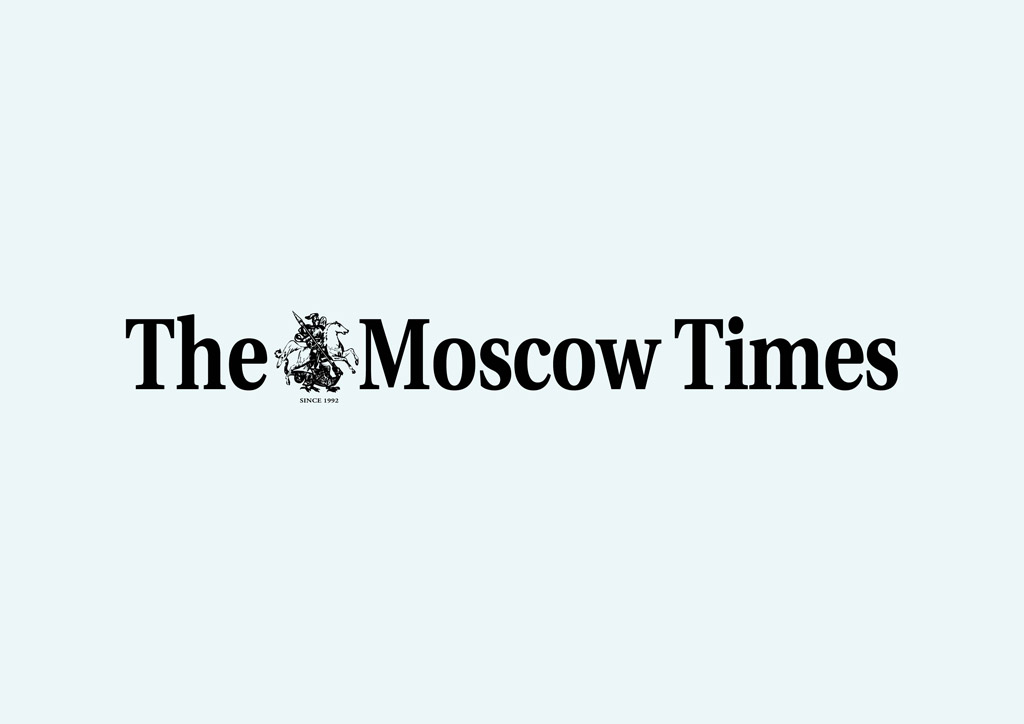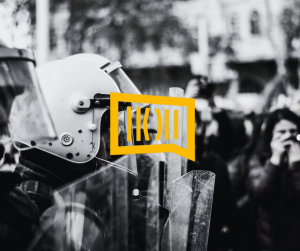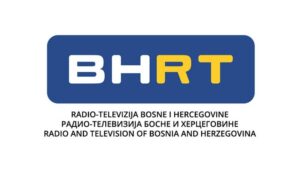Russia’s Prosecutor General’s Office on Wednesday has labeled The Moscow Times news outlet an “undesirable organisation”, outlawing its activities inside Russia and leaving anybody who cooperates with them open to criminal prosecution. The European Federation of Journalists (EFJ) and its Russian affiliate JMWU strongly condemn this new censorship action, which aims to invisibilise and criminalise independent voices.
“A decision has been taken to declare the activities of The Moscow Times, a foreign non-government organisation, undesirable on the territory of the Russian Federation,” the office of Russia’s Prosecutor General said in a statement. It said the outlet was “aimed at discrediting the decisions of the leadership of the Russian Federation in both foreign and domestic policy”.
The Moscow Times, which publishes in English and Russian and has reported on the country since 1992, relocated to Amsterdam in 2022, after Russia launched its full-scale military offensive on Ukraine.
The “undesirable” status forces organisations to shut down in Russia and means Russians that work for, fund or collaborate with them can also be liable to prosecution, including up to five years in jail for some activities. Anyone who “participates or cooperates” with organizations designated as “undesirable” in Russia can face felony prosecution.
“Of course, we will continue with our work as usual: independent journalism. That’s a crime in Putin’s Russia,” Moscow Times’ founder Derk Sauer said in a post on X.
Russia has used the “undesirable organisation” label to target media outlets and NGOs that it says fund opposition and oppose the Kremlin.
On 25 July 2023, the Russian prosecutor-general’s office designated TV Rain, Russia’s largest independent TV channel, as an “undesirable” organisation. Meduza, The Insider, iStories, and Radio Liberty have also been outlawed in Russia as “undesirable.”
“This legislation on undesirable organisations is just a repressive tool in the hands of the Kremlin,” said EFJ president Maja Sever. “It aims to censor independent voices and to criminalise the practice of independent journalism, which demonstrates the true nature of the Russian regime.”
“The Moscow Times is a sober, balanced and solid publication that scrupulously respects journalism ethics,” said Andrei Jvirblis, International Secretary of the Journalists’ and Media Workers’ Union (JMWU). “The reason why it has been labelled an “undesirable organisation” can therefore only be one: to further restrict its access to readers and to intimidate its contributors. It is just disgusting”.




